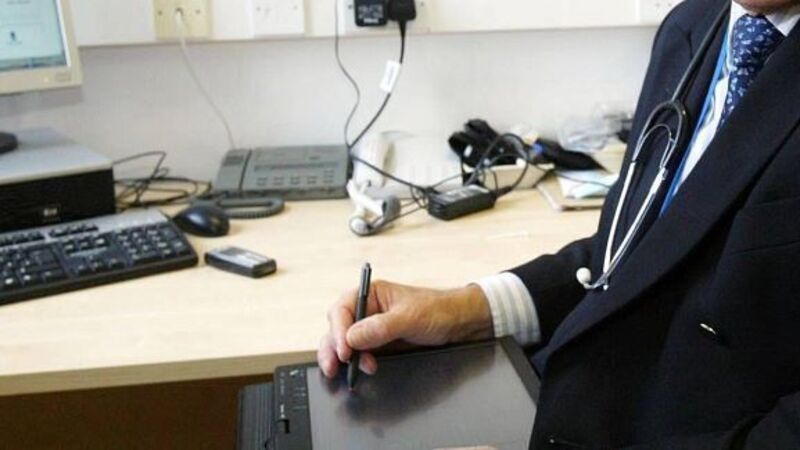GPs missing holidays due to lack of cover

Some GPs have to work while sick, because there is no one to cover for them.
The National Association of General Practitioners, which represents 1,600 GPs, said Irish general practice was at “exhaustion point”.













